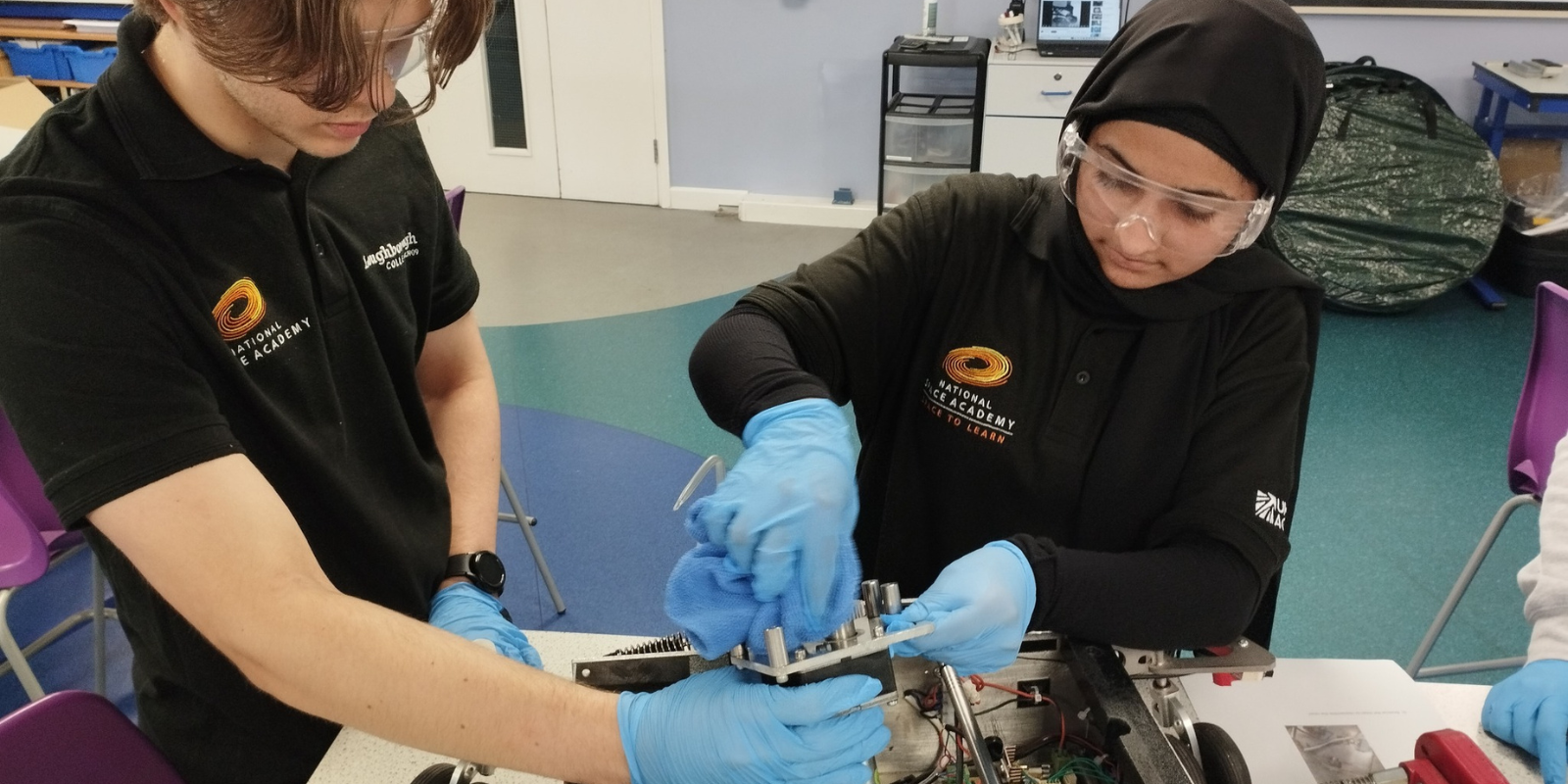
Alumni Stories
As we celebrate 30 years of the Queen Elizabeth Prizes for Education (formerly Queen’s Anniversary Prizes), we are gathering and sharing inspirational stories from our Prize-winning universities and colleges.
Open University
Since 2005, The Open University’s Teacher Education in Sub-Saharan Africa programme (TESSA) has supported over two million teachers across the region. Its bank of open, curriculum-linked, multi-language educational resources has been developed in partnership with 14 African higher education institutions.
Dr Kris Stutchbury and Olivier Biard explain the impact of winning a Prize.
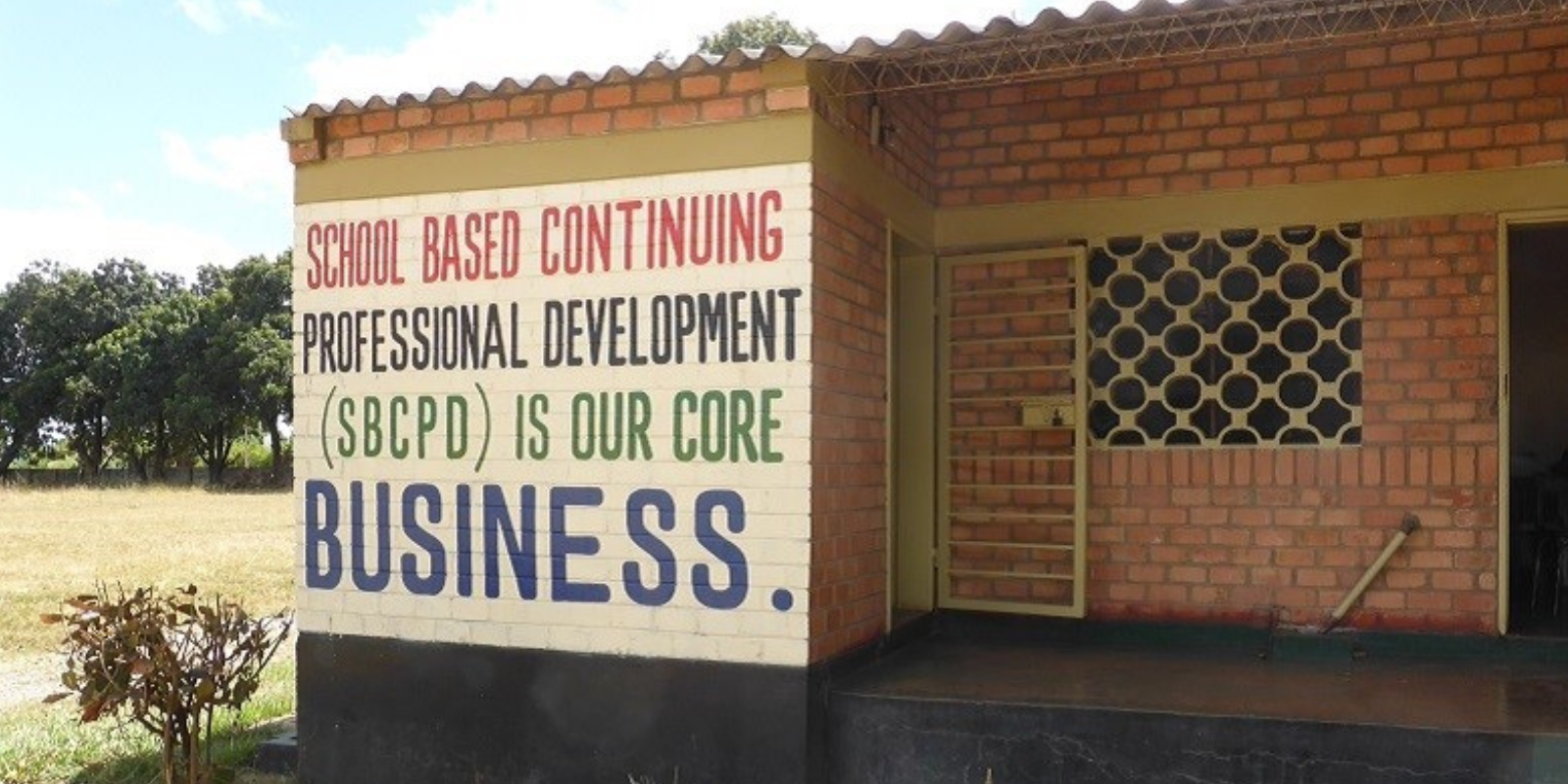
Coleg Cambria
Coleg Cambria was awarded a Prize in 2013 for excellence in engineering training in aircraft production and maintenance. The College works collaboratively with local employer Airbus, its key suppliers and the wider aerospace industry to provide a range of academic and vocational training programmes.


Cranfield University
Cranfield University has been at the forefront of global aerospace research since the end of the Second World War. With its own airport and specialist aircraft, it offers students unparalleled research facilities, and its work was recognised with a Prize in 2019.
Professor Graham Braithwaite explains the impact of winning a Prize.

Edinburgh Napier University
In 2002 Edinburgh Napier University established the first UK Centre for Timber Engineering to support the Scottish forestry sector. The University was awarded a Prize in 2015 for research in wood science and UK timber construction, reducing the carbon footprint.
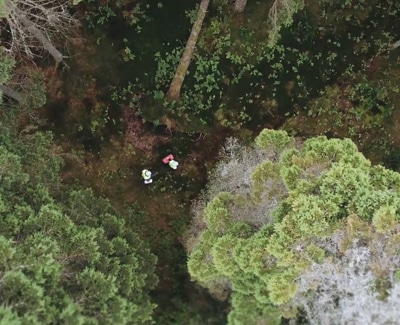

Chichester College Group
Chichester College Group has trained Britain’s furniture-makers and upholsterers for more than half a century – but by 2005 student numbers across the country were in decline. Chichester responded by revolutionising and expanding its offer and, in 2021, was awarded a Prize.
Executive Principal Vicki Illingworth explains the impact of winning a Prize.
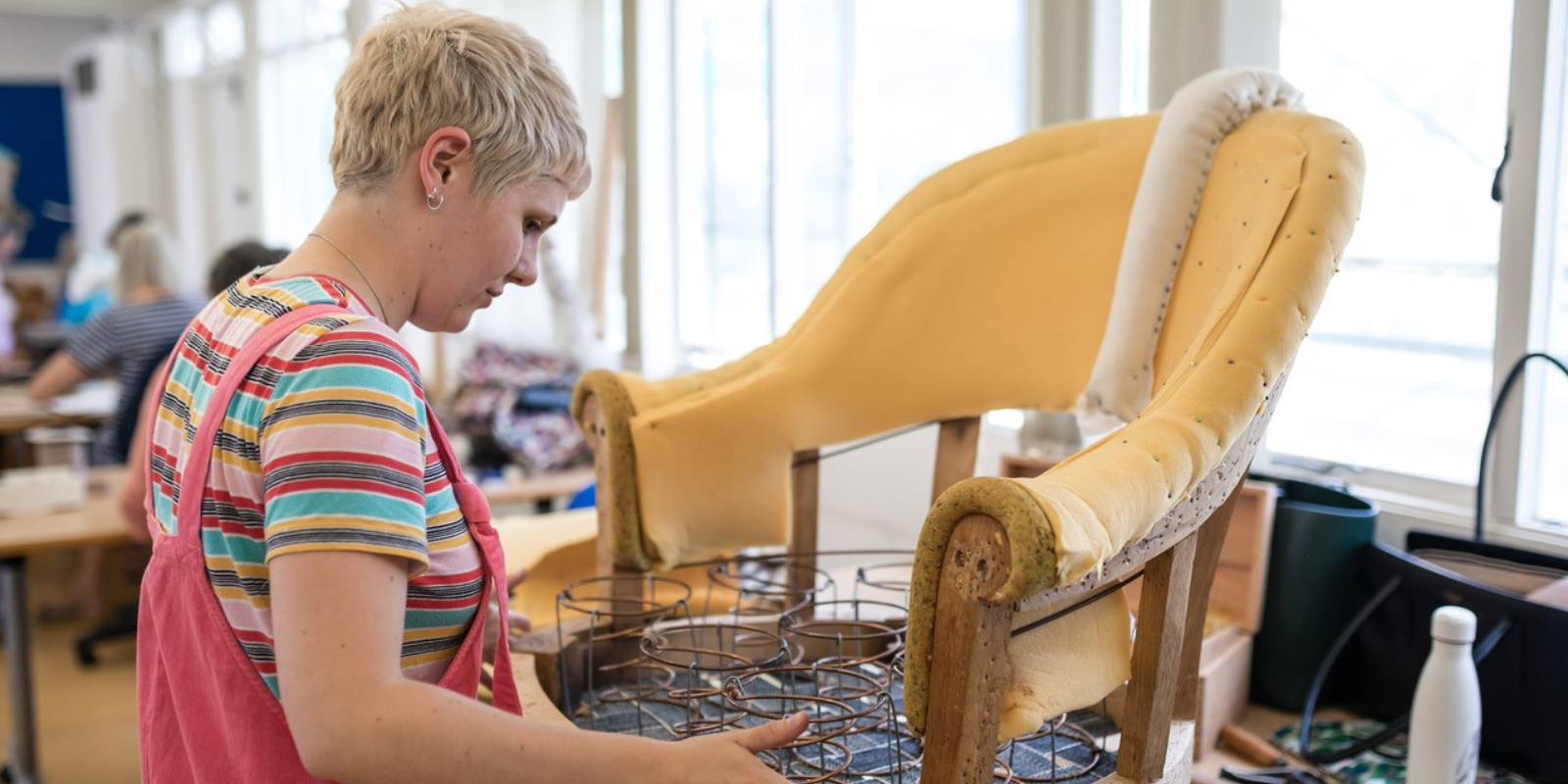
Westminster Kingsway College
Westminster Kingsway College was awarded a Prize in 2015 for delivering internationally recognised excellence for the hospitality industry. The College offers training opportunities at all skill levels, from apprenticeship pathways to degree programmes.


Cardiff University
The pioneering work of Cardiff University’s Violence Research Group has transformed understanding of community violence. Combining hospital and police data for the first time, the ground-breaking “Cardiff Model” has informed violence prevention programmes around the world – and was awarded a Prize in 2009.
Professor Jonathan Shepherd explains the impact of winning a Prize.

University of Surrey
The University of Surrey began pioneering the development of small satellite activities in 1979 and in 1997 was awarded a Prize for its engineering work for the space industry, in particular teaching and research for satellite operations.


Scotland's Rural College (SRUC)
SRUC was awarded a Prize in 2017 for a dairy herd genetics research project that showed farmers around the world how selective breeding can significantly increase milk yields and reduce methane emissions.
Professors Coffey and Powell explain the impact of winning a Prize.
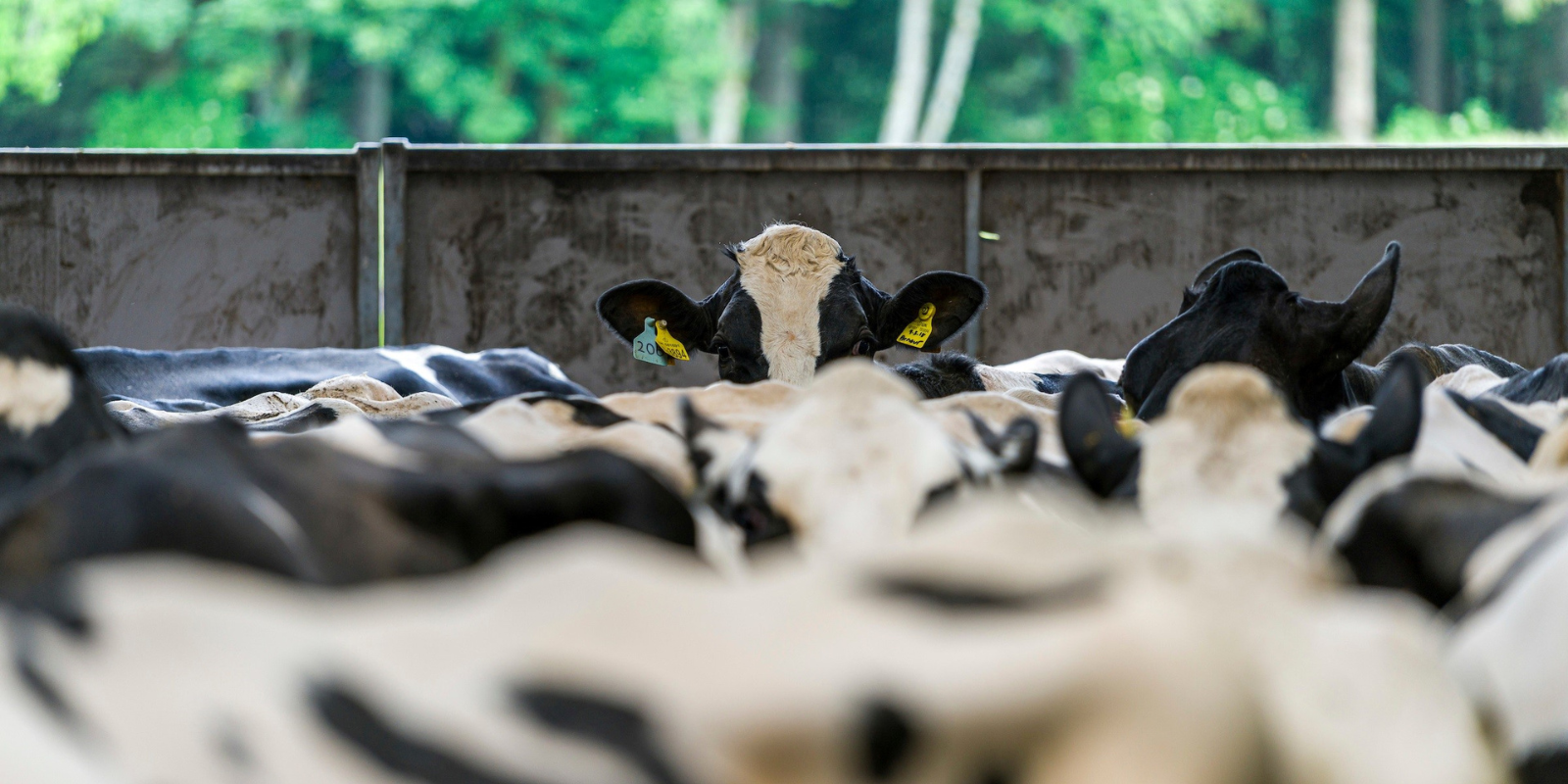
Imperial College London
Imperial College London was awarded a Prize in 2007 for developing effective and affordable control of parasitic diseases in rural Africa. The Schistosomiasis Control Initiative (SCI) is a global programme of research and drug distribution dedicated to the elimination of schistosomiasis and intestinal worms.


Sabhal Mòr Ostaig
Sabhal Mòr Ostaig is the only centre of Higher and Further Education in the world to provide its learning programmes entirely in Gaelic. Founded on the Isle of Skye in 1973, it now inspires thousands of learners, online and on campus, and champions Gaelic around the world. In 2002, it won a Queen Elizabeth Prize for Education.
Depute Director of Studies Archie Maclean explains the Prize’s impact.

Lancaster University
Lancaster University was awarded a Prize in 2009 for its work in plant science as applied to water shortage, crop yield and global food security.


Queen’s University Belfast
Founded in 2009, The Centre for Secure Information Technologies (CSIT) at Queen’s University Belfast is a global leader in research and innovation, working in partnership with some of the world’s biggest technology businesses. In 2015 it won a Queen Elizabeth Prize for Education.
The Centre’s director, Professor Máire O’Neill, explains the Prize’s impact.
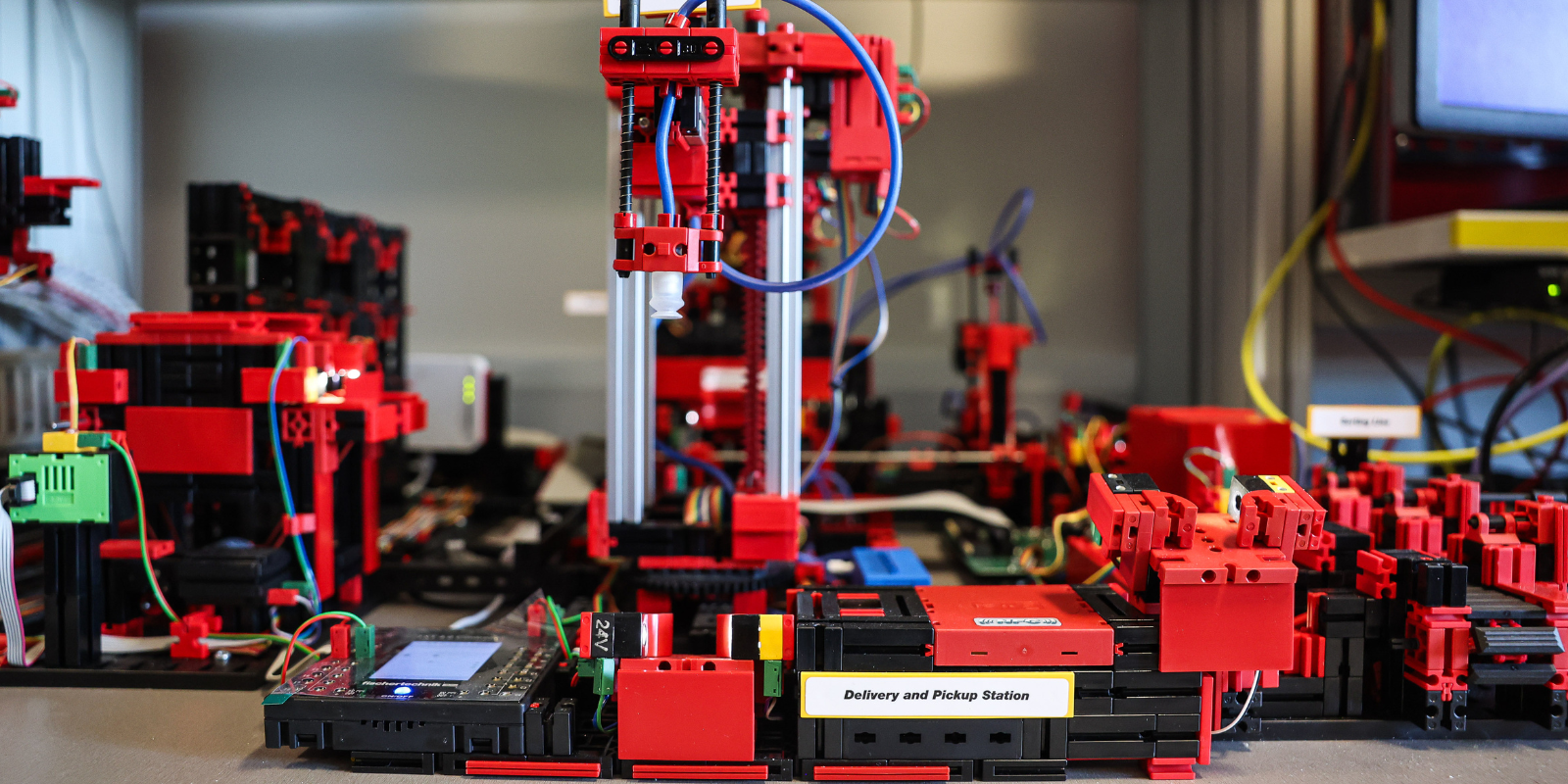
Loughborough College
Loughborough College has been inspiring the next generation of UK space engineers since 2012. In 2023 it won a Queen Elizabeth Prize for Education.
Principal Jonny Watkin and Nicola Stevens explain the impact of winning the Prize.
